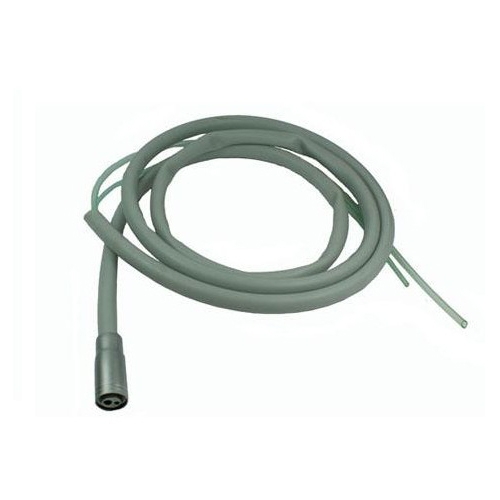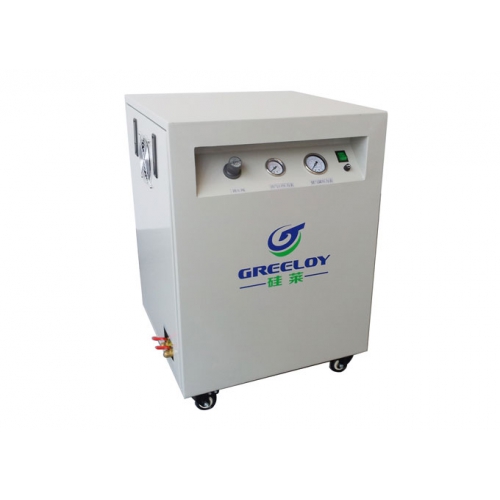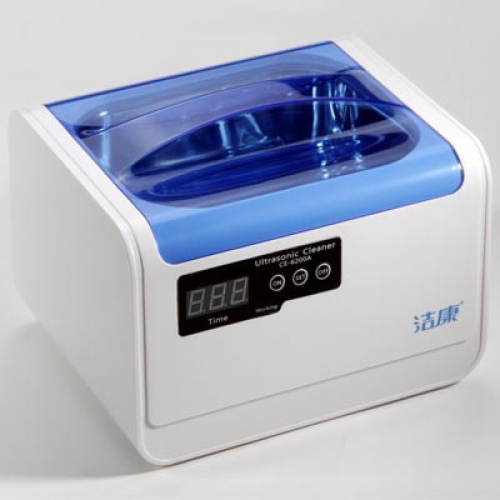
Dentistry has come a long way in the last couple of decades. Change seems to be coming faster and faster as patients have come to expect the latest technology from their dental providers. Just think about how many practices had invested in digital radiography 20 years ago compared to today. By now, the vast majority of offices have implemented this new technology, at least in part because the equipment has become more affordable. The same trends can be expected with laser-assisted dentistry, 3-D imaging, one-visit crowns, and more. However, if you want to offer these state-of-the-art procedures to your patients now, rather than 20 years from now, dental equipment financing is the way to go.
Dentistry can be very competitive. Depending on the location of your practice, you may be competing with numerous other dentists in the neighborhood. The first impression that a patient walks away with after their initial visit goes a long way in deciding whether they’ll stick with your practice over the long-term. One of the biggest advantages of dental equipment financing is that you can more easily afford the high-quality equipment that will make the right first impression to every patient. When each operatory features a comfortable and attractive chair, flat-screen monitors, digital x-ray equipment, and clean new delivery systems, your patients will feel like they’re in the right place. The appearance of each operatory speaks volumes about the quality of care they’re likely to receive.
Staying current also allows you to have the best new technology as soon as it comes out. With good financing, you won’t have to wait to incorporate the most attractive procedures and equipment into your office. You’ll have the ability to integrate that equipment quickly and easily.
It’s easy to see how important it is to offer the newest technology to your patients, but how can you afford it? Taking out a traditional business loan or using a credit card to make these kinds of purchases are both options, but they may involve high-interest payments that can reduce your profits. Your credit may also be adversely affected. Dental equipment leasing is a financially smart way to boost the appeal of your practice. You may also enjoy tax benefits, as well as the convenience of an all-inclusive plan that covers delivery and installation.
As a dentist you have to juggle many responsibilities. Offering the best care possible involves a high level of skill, a great chair-side manner, an excellent staff, and using the best technology and equipment. With dental equipment financing you’ll be on your way to making your dream practice a reality.






